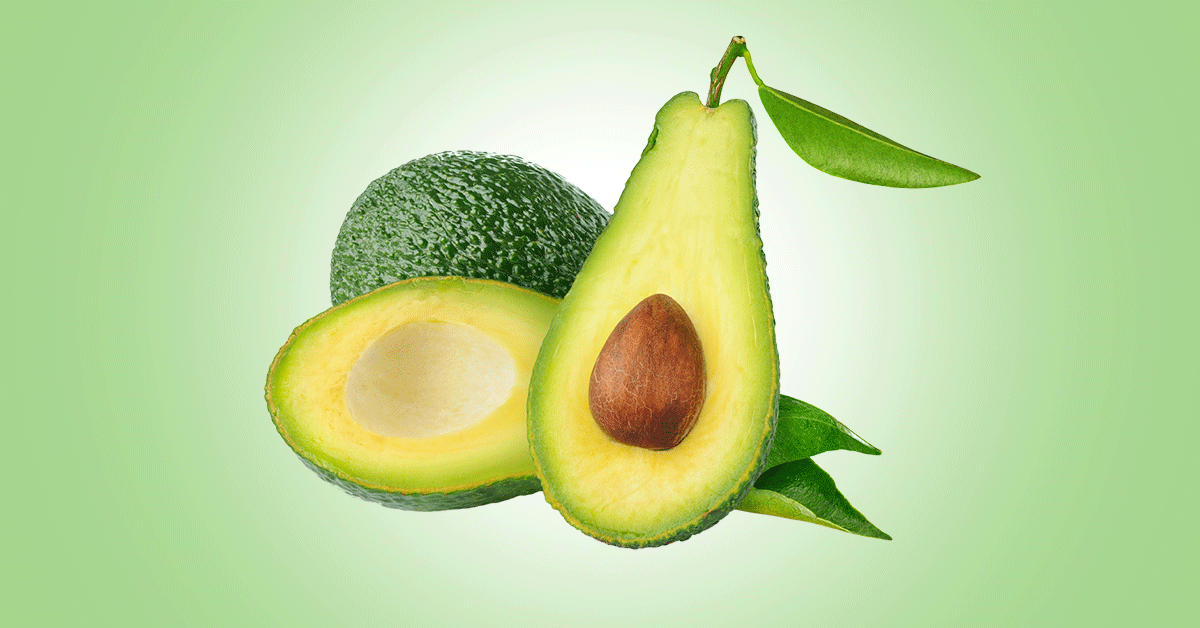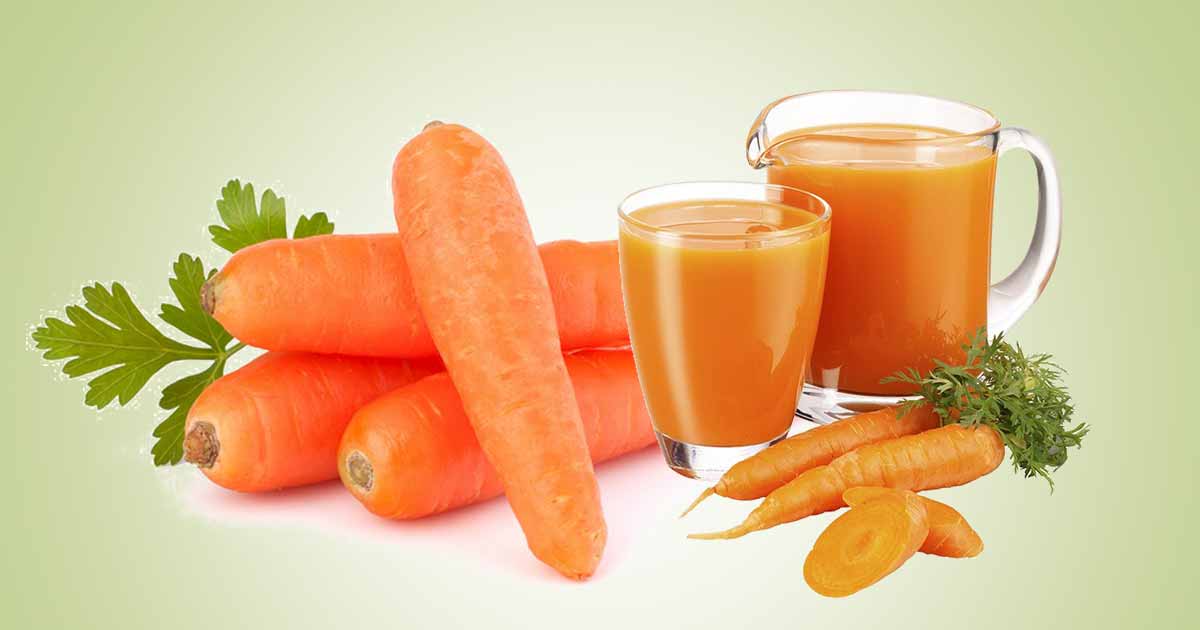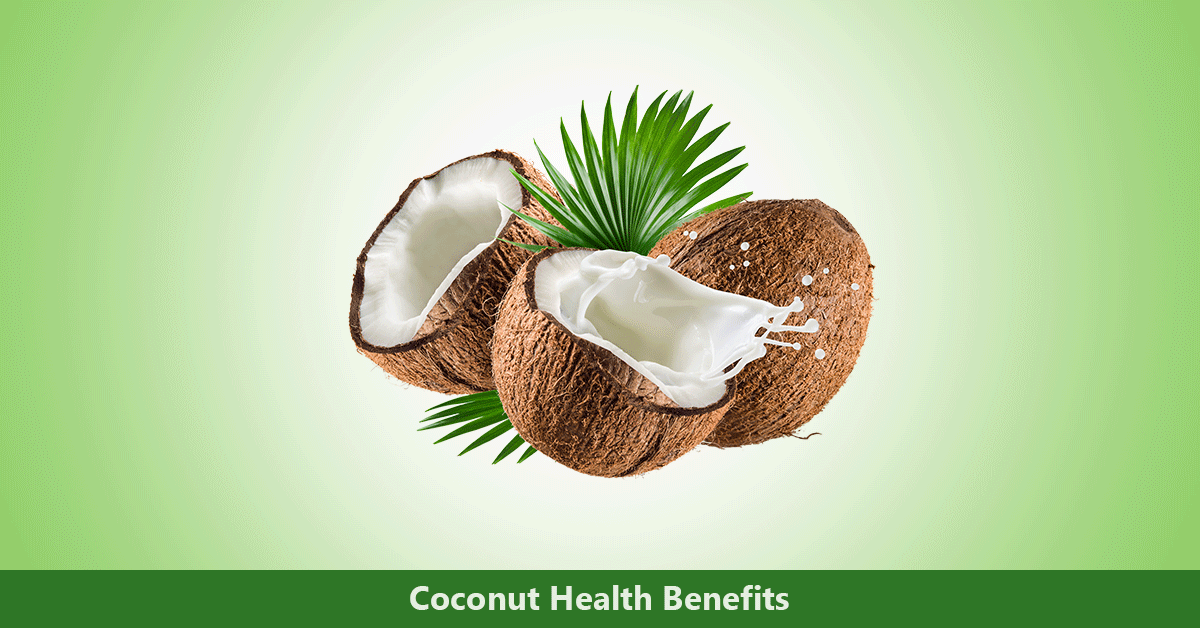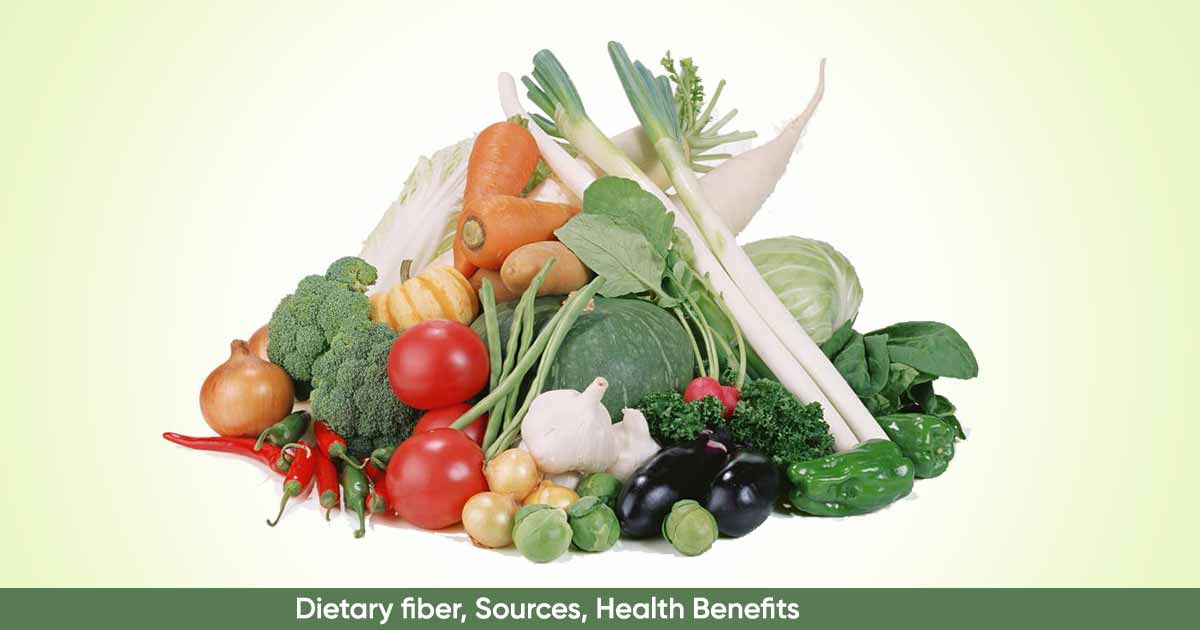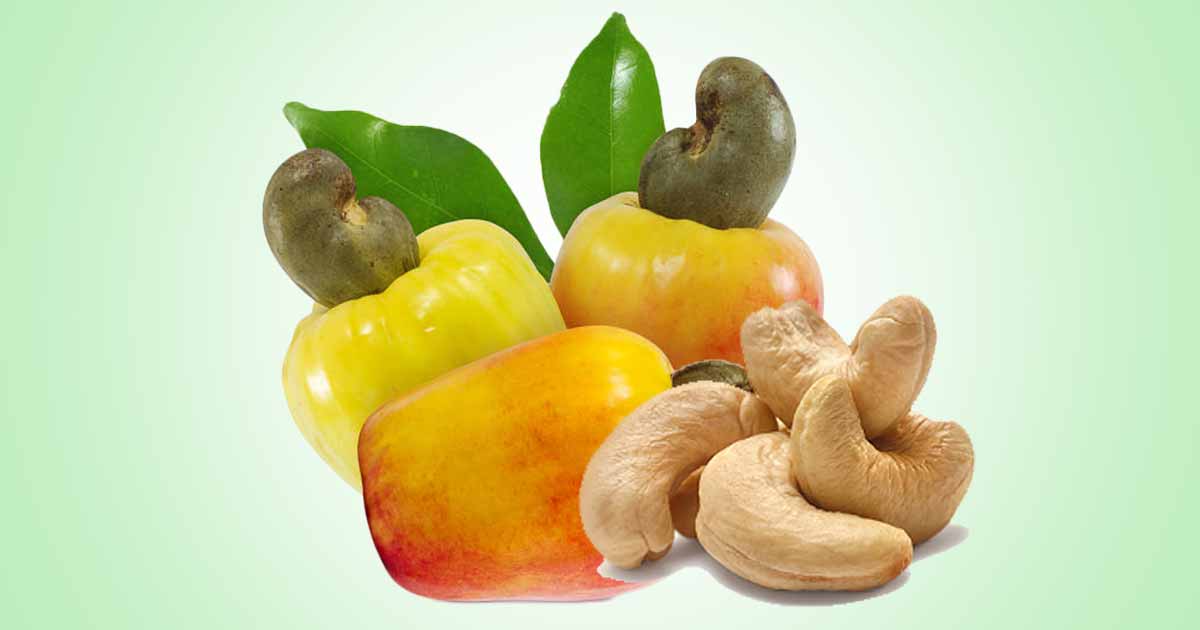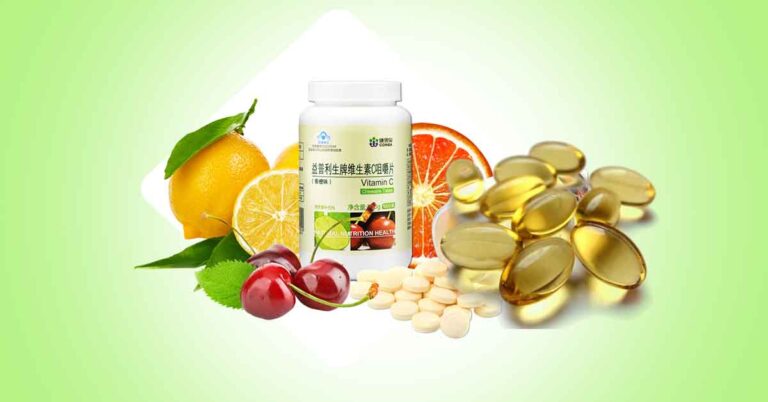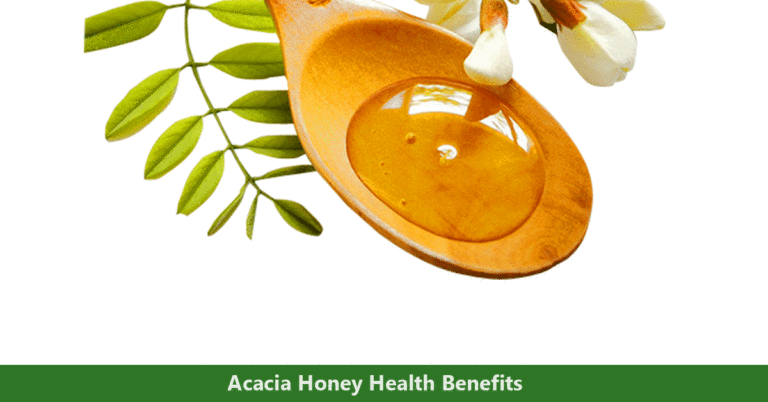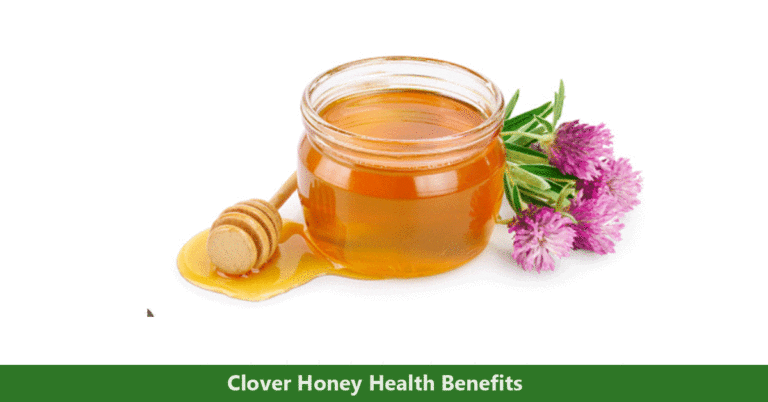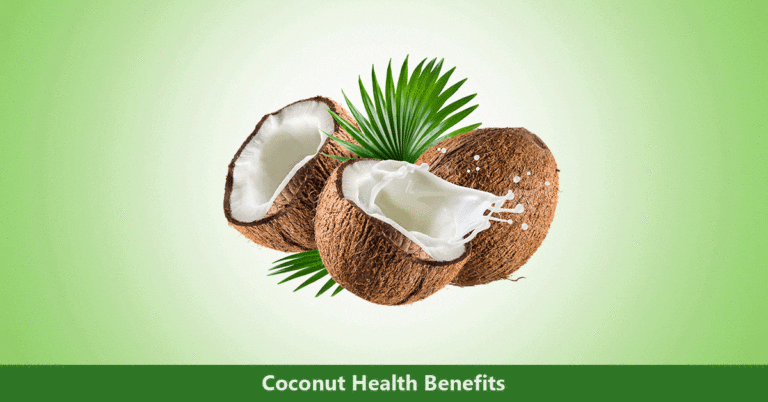Avocado (Persea americana) also called alligator pear, is a green-skinned fruit with a light green flesh, large seed, thick pale yellow pulp. The shape is similar to that of an egg. Avocado is a tropical and subtropical fruit that belongs to the family Lauraceae, and is indigenous to Central America and Mexico. Among the varieties, the ‘Hass’ (purple skin variety), and ‘Fuerte’ are the most cultivated and utilized globally.
Avocado trees are self-pollinating and are frequently propagated to maintain the fruit’s quality and quantity. The tree is evergreen with a rounded crown. Leaves are leathery, dull and dark green on the upper surface, and pale green on the upper surface. When crushed, the smell is like that of aniseed. Flowers are small, greenish and fine haired. Avocado fruit is pear shaped with thick dark green to purple skin. The flesh is greenish-yellow, and edible; and surrounds a single, large, rounded seed.
The fruit is rich in fatty acids such as oleic, palmitic, linoleic, capric, stearic, linolenic, and myristic acids. It is also rich in polyphenols, vitamins, minerals, fiber phytosterol, choline e.t.c.
The fruit pulp is normally consumed and serves as a medicinal plant and for making cosmetics products. The pulp is used in cosmetic formulations, such as emulsions to treat dry skin, protection against ultraviolet radiation, and as anti-aging agents.
An avocado smoothie can be made from the pulp, milk, yoghurt, cacao, dates, and banana. There are other recipes made from the fruit pulp.
The fruit has a rich, nutty flavor. The pulp, seed, and peel has several health benefits such as antioxidant, antimicrobial, analgesic, anti-inflammatory, and anticancer benefits.
In traditional medicine, it is used as a hypotensive, hypoglycemic, anti-diarrheal, antiviral, and for treating cardiovascular diseases.
Scientific classification
- Kingdom: Plants – Plantae
- Subkingdom: Vascular plants – Tracheobionta
- Superdivision: Spermatophyta – Seed plants
- Division: Flowering plants – Magnoliophyta
- Class: Dicotyledons – Magnoliopsida
- Subclass: Magnoliidae
- Order: Laurales
- Family: Laurel family – Lauraceae
- Genus: Persea Mill. — bay
- Species: Persea americana Mill.
The three main cultivars include P. americana var. “drymifolia (Mexican), P. nubigena var. “guatamalensis” (Guatemala), and P. americana var. “Americana” (West Indian).
Common Names of Avocado in Different Countries
- Chinese: Zhang li, huang you li, lao li, xi.yin du lao li
- Korean: Ah bo k’a do
- Japanese: Abokado, perusea.
- Thai: Awokhado
- Burmese: Htaw bat
- Croatian: Americhki avokado.
- Danish: avogatpære.
- French: Avocat, Avocatier.
- Dutch: Advocaat.
- German: Alligatorbirne, avocadobaum, avocatobirne
- Hungarian: Avokado.
- Italian: Avocato.
- Spanish: Aguacate, cura,devora, cupandra, okh, palta, sikia
- Vietnamese: Bó, lê daù
- Nigeria: pia oyinbo, ube oyibo
- Malay: Adpukat, bash apukaod, aviokad, buah mantega, buah apokat, avocad
- Norwegian: Avokado
- Russian: Avokado
- Portuguese: Abacate, abacateiro.
Types of Avocados
Avocados are classified into two major types, and these are Type A and Type B.
Type A Avocado:
Type A avocados can act as female in the morning and males in the afternoon, and are highly rich in oil. Almost all type As are produced from Hass and therefore are hard-line in nature. Examples are; Hass, Pinkerton, Lamb Hass, Carmen Hass, Gwen, Reed, Mexicola Grande, Stewart, Holiday, Pryor (aka Fantastic), and Opal (aka Lila).
Type B Avocado:
In type B avocados, the reverse is the case, because they open up as males in the morning and females in the afternoon. They have very little oil content, thin and are fragile compare to type A. Type B avocados examples are Fuerte, Bacon, Zutano, Sir Prize, Joey, Winter Mexican, Brogdon, and Wilma (aka Brazos Belle).
Nutritional Composition of Avocado
Avocado contains high lipids, good levels of fat-soluble vitamins, folic acids, and potassium levels. It has low carbohydrates, sugars, and sodium.
| CONTENT | QUANTITY |
| Sugar | 0.2g |
| Fiber | 4.6g |
| Fatty acid | 6.7g/114 kcal |
| Lutein | 85ug |
| Phytosterol | 57 mg |
| Sodium | 5.5m |
| Potassium | 345 mg |
| Magnesium | 19.5 mg |
| Vitamin A | 43ug |
| Vitamin B2 | 0.1 mg |
| Vitamin B3 | 1.3 mg |
| Vitamin B5 | 1.0 mg |
| Vitamin B6 | 0.2 mg |
| Vitamin B9 | 60 mg |
| Vitamin C | 6.0 mg |
| Vitamin E | 1.3 mg |
| Vitamin K | 14ug |
| Choline | 10 mg |
| FATTY ACIDS | QUANTITY |
| Stearic acid | 1% |
| Oleic acid | 51% |
| Palmitic acid | 28% |
| Palmitoleic acid | 6% |
| Linoleic acid | 14% |
| Linolenic acid | 1% |
Bioactive Compounds in Avocado
Avocado contains phenolic acids such as gallic acid, 3,4-dihydroxyphenylacetic acid, 4-hydroxybenzoic acid, vanillic acid, p-coumaric acid, ferulic acid and quercetin, flavonoids, anthocyanidins, and tocopherols. The main carotenoid in this fruit is lutein, but α-carotene, β-carotene, zeaxanthin, neoxanthin and violaxanthin are also available in small amounts.
The lipid fraction contains phytosterols, mostly β-sitosterol, but also small quantities of campesterol, and stigmasterol.
A natural compound, (2 R,4 R)-1,2,4-trihydroxyheptadec-16-yne, obtained from the unripe fruit, prevents dengue virus replication.
Avocado seed and peel contains flavonoids, proanthocyanidins, and hydrocinnamic acids. Avocado peel has higher B-type procyanidins and epicatechin than the seed. The leaves contain compounds such as orhamnetin, luteolin, rutin, quercetin, and apigenin.
Available Preparations:
Avocado has many formulations, as it’s widely used as a natural source of various food and cosmetics production. It is in form of cosmetics like body creams, lotion, hair creams, oil, masks, shampoo and conditioner, soaps, bath oil, sunscreen, or food preparations.
Natural avocado oil is also available for use for different purposes, because it is light and mixes well with food. It enhances the flavor of food and also has a higher smoke point of about 225 °C.
Medicinal Benefits of Avocados
1. Antioxidant Property:
Avocado content of polyphenols, vitamin C, vitamin E and carotenoids makes it a great antioxidant, which can help prevent cell damage and protects against free radicals. Its antioxidant property is also important in preventing wrinkling of the skin and reduces inflammation due to its anti-inflammatory effect.
2. Promotes a Healthy Heart:
Avocado is also essential in promoting heart health and reducing various cardiovascular diseases, because its potassium, phosphorus and mono-unsaturated fatty acids content helps prevent raise in blood pressure, heart diseases and stroke.
It is also beneficial to the cardiovascular system as it helps in the reduction of low density lipoprotein, which is the bad cholesterol. It also helps to maintain high density lipoprotein, which is the good cholesterol.
3. Promotes Weight Loss:
Consuming avocado helps in weight reduction, because researchers showed evidence of its beneficial effect on weight loss. In a study of obese patients, it was proven that those who consume it had a drop in body mass index and reduction in weight compared to those who did not take it. This is contrary to some beliefs that it can cause weight gain due to the fats and calories content.
The fruit is also known to inhibit the action of an enzyme called acetyl-CoA carboxylase responsible for the production of fat in the body. It has lower-carb, higher-fat, and low glycemic index.
4. Promotes Eye Health:
The intake of the fruit is very important for eye health as it contain vitamin A which is important for good eyesight. It’s also rich in lutein, carotenoids and zeaxanthin which reduces the risk of macula degeneration by combating free radicals which are responsible for light-induced damage in the eyes.
5. Anticancer effect:
The fruit contains glutathione, an antioxidant compound that also has anticancer property. Phytosterols also preventcarcinogenesis, and also boost immunity against HIV. Lutein also inhibits prostate cancer.
6. Reduces Lipids in the body:
Phytosterols present in the fruit lowers total cholesterol and LDL cholesterol by inhibiting intestinal cholesterol absorption and decreasing hepatic cholesterol synthesis.
7. Rich in folate:
Since the fruit is rich in folate, it could be helpful in pregnancy as it helps in tissue development. It also reduces the risk of neural tube defects.
8. High fiber content:
The fruit has both soluble and insoluble fiber. This dietary fiber helps in gut function, and gut microbiome. It also lowers blood cholesterol, and glucose.
9. Rich source of vitamin K:
A serving of avocado (75 g) contains 16μg of vitamin K, about 20% of recommended daily intake of the vitamin. Vitamin K helps in blood clotting and bone building.
10. Prevents Diabetes:
Avocado is a part of the monounsaturated fat, Mediterranean-style eating pattern. This diet improves glycemic management, weight loss and reduces cardiovascular risk factors in people with type 2 diabetes.
It reduces blood glucose level, and triglycerides in people with type 2 diabetes.
11. May improve brain health:
Avocados may improve brain function (neurological and psychological function) and cognition. It may also improve spatial memory and learning.
12. Ideal for babies and elderly:
Since avocado is rich in nutrient, low in sodium, mild flavor and smooth texture, it is ideal for a newborn before solid foods are introduced. It supplies energy (~330 kJ), carotenoids, vitamins (folate, niacin, vitamin E, B6), minerals (magnesium, copper, manganese), and fiber.
In older people, avocados have phytonutrients that boost the immune system, eye health and cognitive function.
Benefit of Avocado Oil
Avocado oil is mainly monounsaturated oils (oleic and palmitoleic acids), low polyunsaturated fatty acids (linoleic acid), and high levels of saturated fatty acid (palmitic and stearic acids). The oil is extracted from the pulp of mostly varieties such as Hass, Fuerte and Glória. Also, the oil is highly absorbed by the skin, and as emulsion in soap making. The oil may serve as a substitute for olive oil.
Benefit to Skin
- Treat Sunburn: Avocado oil contains antioxidants, fatty acids, lecithin, beta-carotene, protein, vitamin E, and vitamin D that protects the skin from radiation.
- Prevents inflammatory conditions such as psoriasis, eczema, acne: The vitamins and antioxidants in the oil can prevent inflammation. It also reduces skin dryness, and peeling.
- Promotes wound healing and delay ageing: Essential fatty acids and oleic acid stimulate collagen formation, and also connective tissues.
- The oil also has a positive effect on skin firmness, elasticity and tiring, melanin index and erythema.
Benefit to the Hair
Avocado oil prevents dandruff, dry and flaky hair.
Dosage
Research done on the dosage of Avocado or avocado oil for managing osteoarthritis shows that a daily dose of 300 mg to 600 mg is recommended.
Drug Interactions
Warfarin “Coumadin®” interacts with avocado due to its vitamin K content and will decrease the effect of warfarin, thereby increasing the level of blood clots.
Side Effects
People who are sensitive to latex can have an allergic reaction (like swollen lip, throat and tongue, itchy mouth, abdominal cramps, wheezing, and tightness of chest e.t.c) to avocado when taken by mouth or applied topically
Conclusion
Avocado is an essential nutrient containing plant. The fruit, the leaf, seed, and oil are known to contain nutritional and therapeutic benefits. The fruit is found to contain beneficial constituents like vitamins, minerals, fiber, phytosterol, choline e.t.c. which is good and beneficial in type 2 diabetes, eye function, weight management, cardiovascular health, pregnancy, and cholesterol management.
REFERENCES
- https://www.kew.org/plants/avocado
- https://bdigital.ufp.pt/bitstream/10284/8964/1/Avocado%20and%20Its%20By-products_Book%20Chapter%202020.pdf
- https://australianavocados.com.au/wp-content/uploads/2022/07/Avo_Health_Report_2022_Online.pdf
- https://www.scielo.br/j/cr/a/VqMdKHmY4y5zHgtJKjc98nS/?format=pdf&lang=en
- https://www.researchgate.net/publication/362262243_A_REVIEW_ON_AVOCADO_FRUIT_DESCRIPTION_MORPHOLOGICAL_CHARACTERISTICS_COMPOSITION_NUTRITIONAL_BENEFITS_AND_PROPAGATION_TECHNIQUE

